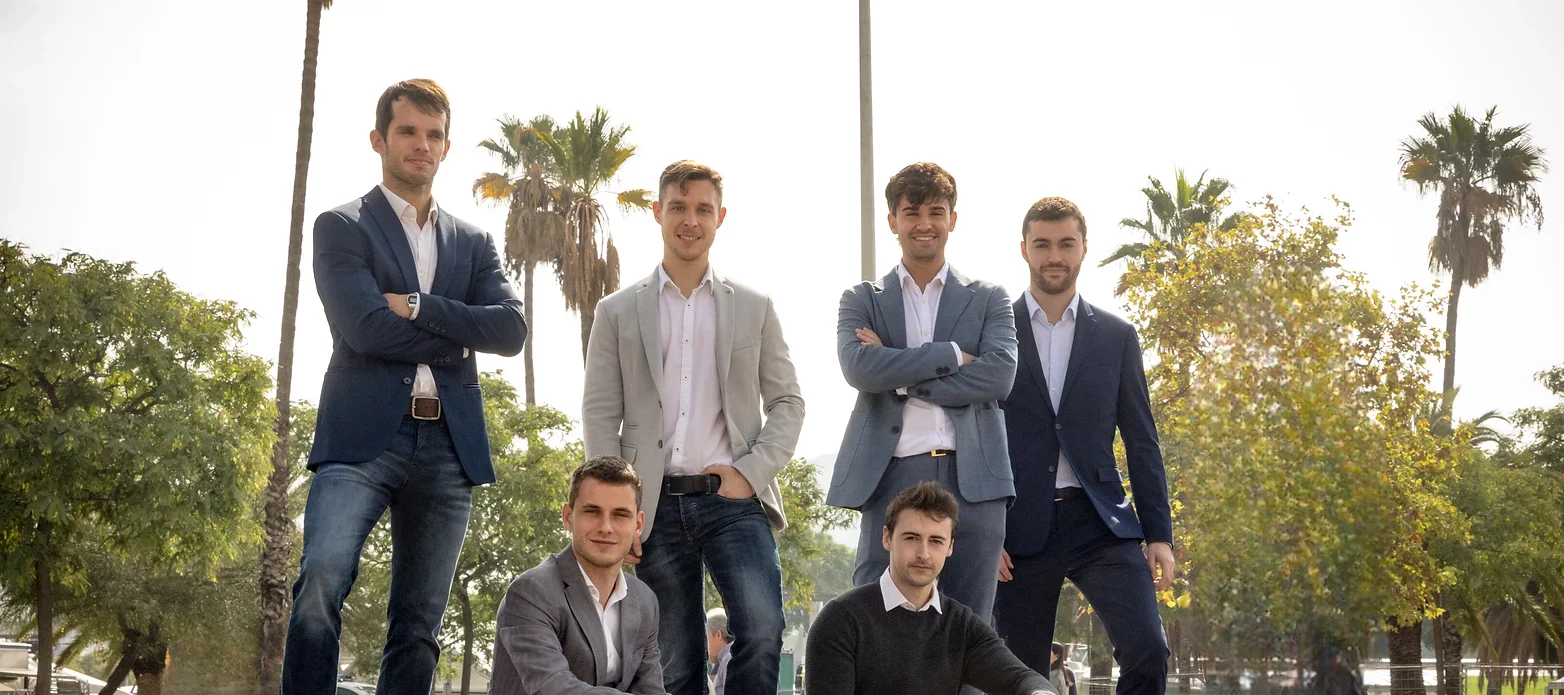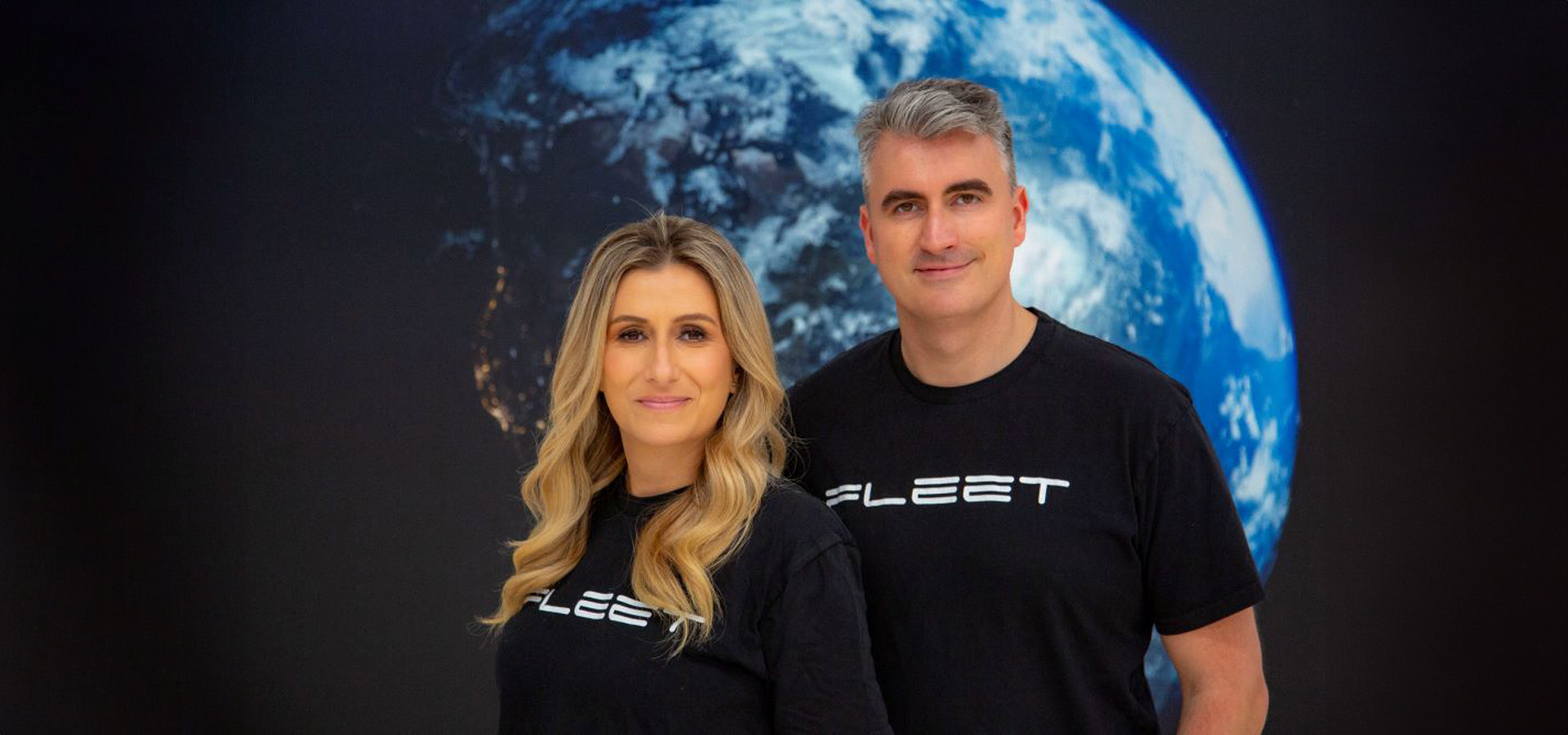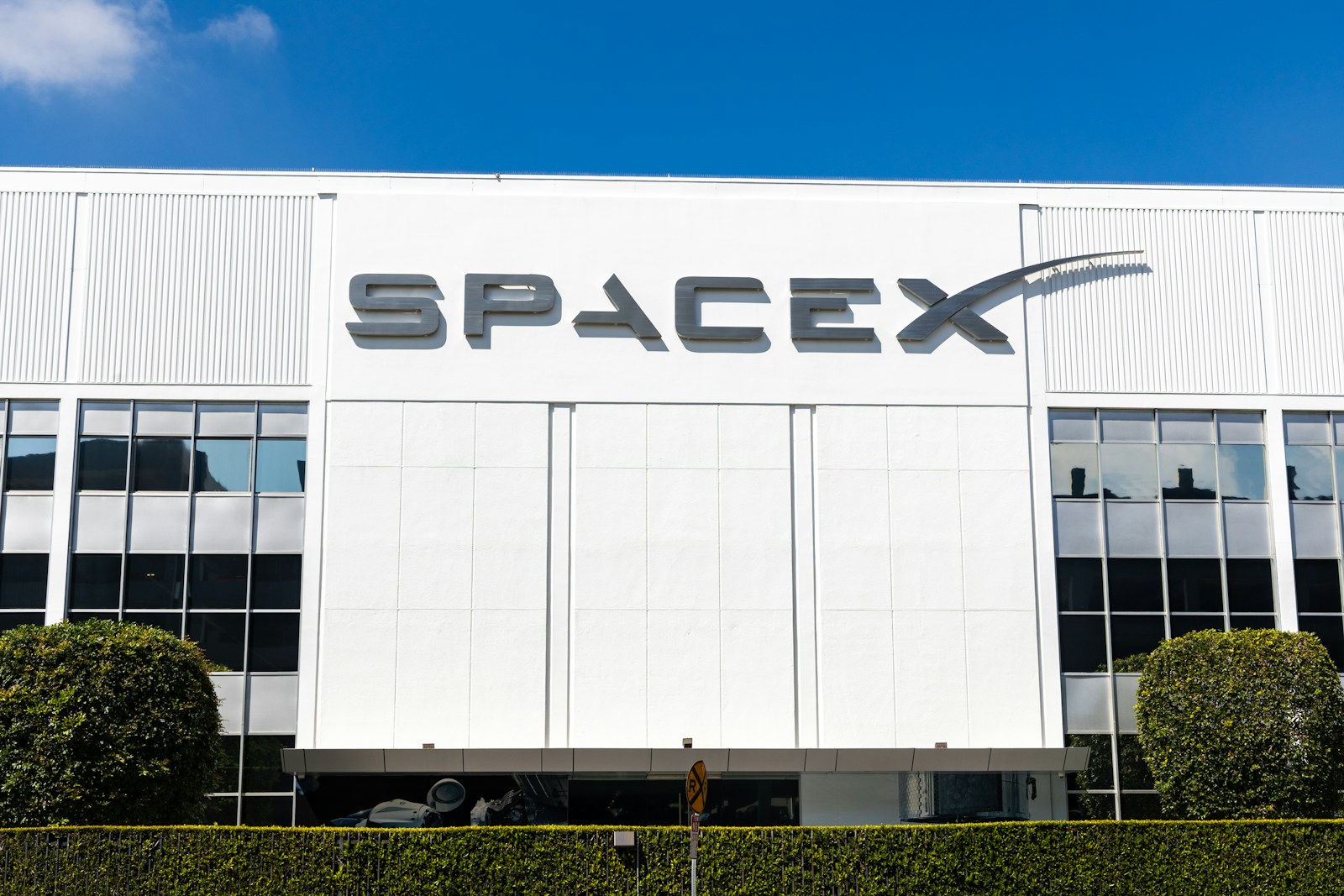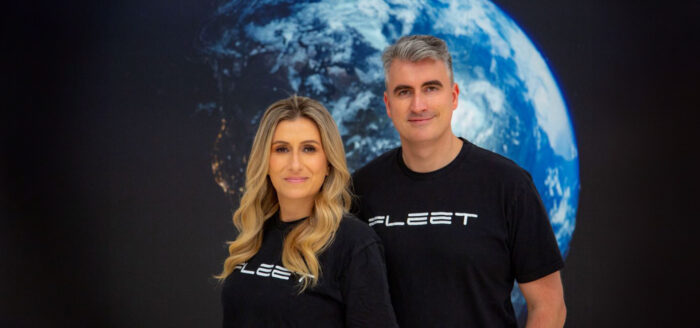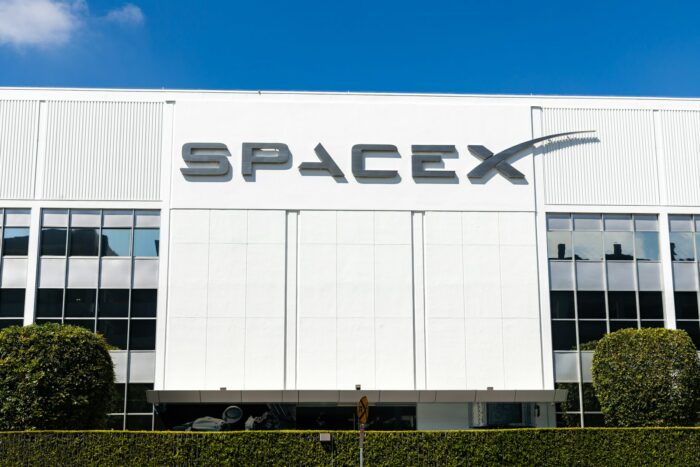Insider Brief:
- Kreios Space has closed its Pre-Seed funding round, raising 2.3 million euros to drive the development and testing of the company’s Air-Breathing Electric Propulsion (ABEP) engine.
- The funding comes from private investments from Grow Venture Partners, XesGalicia, SpaceQuest Ventures, and Tasivia Global, a successful crowdfunding campaign through Startupxplore, a loan from ENISA and a Neotec 2023 grant from CDTI.
- With this funding, Kreios Space moves closer to becoming the first company to enable Very Low Earth Orbits, which has the potential to reduce mission costs by up to 50% and greatly enhance Earth observation and telecommunications.
Kreios Space, a leader in electric propulsion technology for satellites, announced it has closed its Pre-Seed funding round, raising 2.3 million euros. This funding combines private investments from Grow Venture Partners, XesGalicia, SpaceQuest Ventures, Tasivia Global, and a successful crowdfunding campaign through Startupxplore. Public support also came from ENISA and a Neotec 2023 grant from CDTI.
The new funds will drive the development and testing of Kreios Space’s Air-Breathing Electric Propulsion (ABEP) engine. This engine aims to be the first validated in orbit and represents a significant step forward in satellite technology. The capital will support laboratory testing, new facility construction, and team expansion.
Founded in 2021 by six aerospace engineers who met at university, Kreios Space’s focus is on developing the ABEP thruster. This fully electric engine uses only solar energy and atmospheric air as propellant. Its key advantage is enabling satellites to operate for extended periods at Very Low Earth Orbits (VLEO), below 350 km altitude.
Operating at these lower altitudes can reduce mission costs by up to 50% and greatly enhance Earth observation and telecommunications. This improvement impacts applications like disaster prevention, agricultural monitoring, maritime control, and 5G/6G connectivity. Additionally, VLEO reduces greenhouse gas emissions during launches and helps mitigate space debris, as satellites disintegrate naturally at the end of their life cycle.
“This funding round is a major milestone for Kreios Space. The support from experienced investors shows we’re on the right track,” said Adrián Senar, CEO of Kreios Space. “We are now closer to bringing our groundbreaking propulsion technology to the market, marking a new era in the satellite industry.”
With this funding, Kreios Space moves closer to becoming the first company to enable Very Low Earth Orbits.
Image credit: Kreios Space
Share this article:

